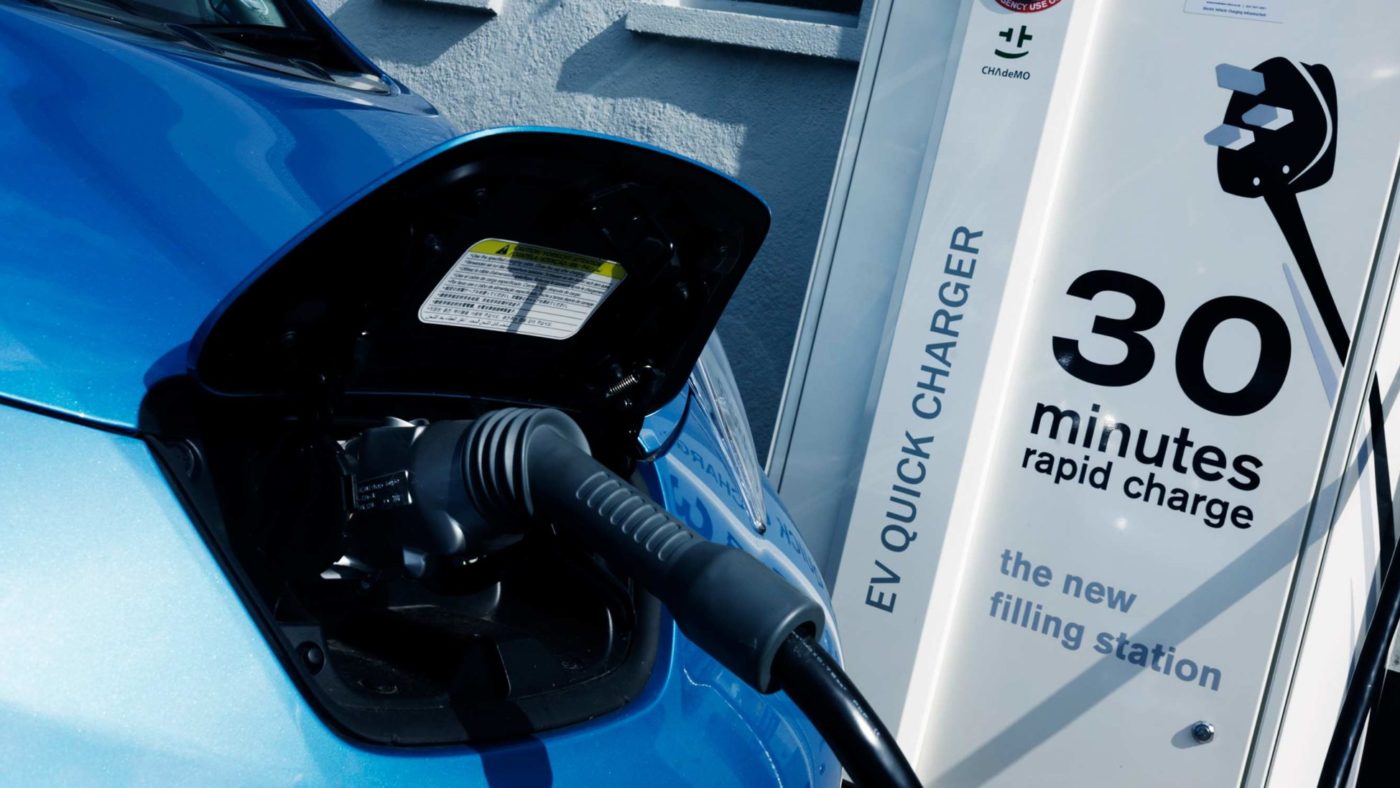What are we to make of the Government’s decision to bring forward the ban on petrol and diesel cars from 2040 to 2035?
It’s a fine example of what is known as government picking losers – one of those decisions which makes our economy more inefficient and our lives more expensive as a result.
To start with, there is remarkably little evidence that electric cars, battery powered, produce fewer emissions than those standard internal combustion engine (ICE) models. VW has released the comparative numbers for their new electric Golf as against the diesel version. The all-clean all-climate-friendly version must do 120,000 km to actually be so, given the emissions required to make the thing. There are more than a few cars that go to that Great Scrapyard in the sky before this milestone (sorry).
Then there’s the fact that hybrid cars are going to be included in the 2035 ban. This seems a particularly misguided decision, given the manner in which hybrids help solve the long distance journey problem.
The vast majority of all car journeys are local pootling around which can be managed by a hybrid’s small battery. The combustion engine picks up the load only when longer distances are required. This means not needing a vast and hugely expensive network of fast charging stations across the country, which would be a significant saving in infrastructure spending.
That’s not all though. Hydrogen powering a fuel cell rather than a lithium battery can and could feed the same electric motors. Algal oil production – creating hydrocarbons out of atmospheric CO2 – would mean not needing to change the fuel infrastructure at all. It’s something that can already be done, and is getting cheaper (admittedly only from eyewateringly expensive to vastly) all the time.
It is not even true that cars, however they are powered, need to be the solution. Everyone moving closer to work and commuting shorter distances would be just as big a boon to the environment. We Europeans already do this compared to Americans, partly as a result of the higher fuel taxes paid over the decades. This offers a significant clue to how the problem should actually be addressed. .
Friedrich Hayek had something to say about this, as did Sir Nicholas Stern in his eponymous report on global warming. The possible reactions to climate change are multitudinous. The economy is a large and complex thing, not amenable to planning. Where action must indeed be taken the only efficient and effective solution is to stick the one single lever into the price system. This then works on all decisions and options at the same time.
What does that mean? Probably that the optimal solution to climate change is a revenue-neutral carbon tax – not politicians making airy promises about technologies they don’t understand.
In 1989 we finally, empirically and conclusively, solved the Socialist Calculation debate. All the bright people in government planning the world for us doesn’t work. Partly because all the bright people don’t go into government, partly because the planning is done on political, not economic, grounds and mostly because there’s no way that government can take account of the complexities of that world out there, the multitude of ways in which any specific point or problem can be solved.
Only markets, suitably prodded, can deal with all of that. Let’s not recapitulate the enforced poverty of the 20th century just because the enemy this time is climate change.
The solution to climate change will be emergent from a properly adjusted price system, not something decided in Cabinet nor enforced by those picking loser technologies around that table.
Click here to subscribe to our daily briefing – the best pieces from CapX and across the web.
CapX depends on the generosity of its readers. If you value what we do, please consider making a donation.


